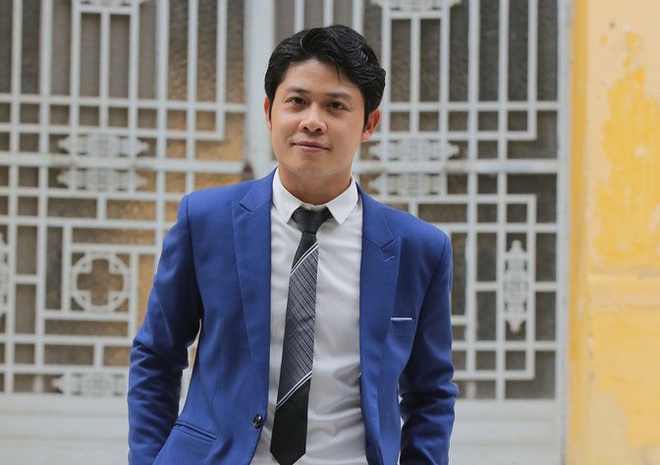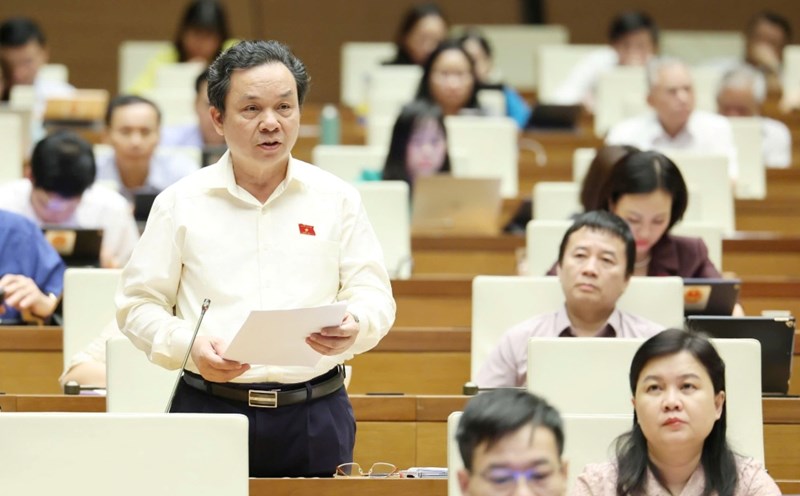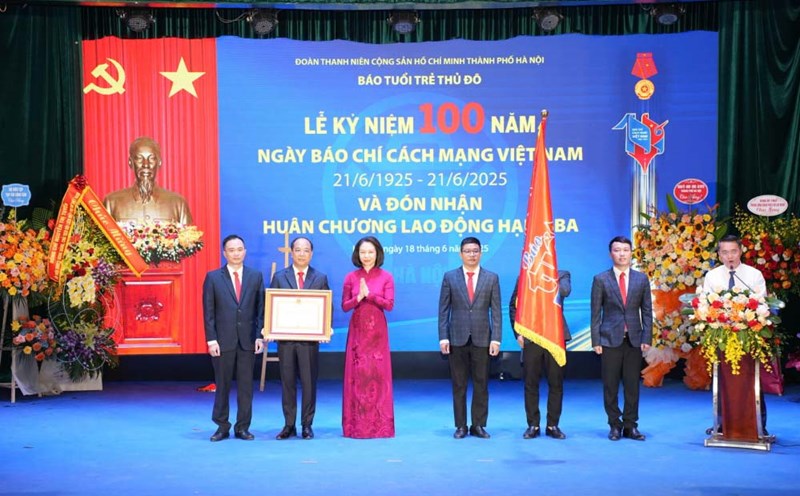Musician Minh Nhien - author of the song "Sin loi yeu thuong" - sold the exclusive of this song to American billionaire Gerard Williams (singer Bich Tuyen's husband). The deal was kept secret about the billionaire who paid the musician.
The song "Xin loi yeu" was sold exclusively by the musician to the American billionaire for 5 years under global protection. This means that in the next 5 years, American billionaire Gerard Williams will be the only person who has the entire right to exploit this song in all forms, from singing, to performing, exploiting on digital platforms.
By exclusively purchasing this song, the American billionaire (if inspired) can also exploit it as a performance organizer, MV producer and collect taction rights on various platforms. After a 5-year term, the musician and billionaire can sign more or terminate the contract according to negotiations.
If billionaire Gerard Williams is no longer interested in buying the "broken" copyright of this song, musician Minh Nhien can sell the copyright, or sell the exclusive "Xin loi yeu thuong" to an artist, or... another billionaire.
A representative of a company responsible for collecting tac pham rights in the digital space shared, "It can be said that simply and briefly like this, a work will give the author 2 rights, personal rights (name of the author under the works) and property rights. When selling the song's exclusive rights, it also means that the author has sold his own assets, leaving only personal rights. The exclusive singer will have all the rights to exploit the commercial exploitation of that song, including the pre-copyright".
The issue of exclusive song purchases has been a common issue in the Vietnamese music industry, but it often only occurs between musicians and singers, or between musicians and performance companies and music producers. In particular, many deals caused controversy and endless litigation between the parties.
Most recently, singer Quoc Thien was accused of singing the song "Moi tinh bat non danh" composed by musician Le Chi Trung without permission.

Accordingly, the musician signed an exclusive transfer contract for TTV Media Company to exploit this song for a period of 5 years (from September 1, 2023). During the initial release, TTV company agreed to allow Quoc Thien and some artists to sing this song. However, in August 2024, this unit stopped licensing Quoc Thien Sang to focus on promoting another singer to perform "Moi tinh bat danh". According to the indictment, Quoc Thien continued to sing even though he was no longer licensed, Quoc Thien did not comment further, only saying that he had authorized a lawyer to work.
In 2023, musician Do Hieu and singer Noo Phuoc Thinh also had a "combat" over song copyrights. Previously, Do Hieu had exclusively sold some songs to Noo Phuoc Thinh, but after the exclusive expiration, the musician said that Noo Phuoc Thinh would continue to sing without paying the copyright. Noo Phuoc Thinh's side responded, that the male singer had returned the copyright to the unit authorized by musician Do Hieu, VCPMC.
Another exclusive buyback deal that also caused a stir in public opinion was the story between Nathan Lee - Cao Thai Son. After "going back and forth" on social networks, Nathan Lee bought the exclusive rights of some hits associated with Cao Thai Son composed by musician Nguyen Van Chung such as "Con Duong mua", "Pha Da Tuong", " Tinh Yeu Bao"... This deal of Nathan Lee has caused Cao Thai Son to no longer have the right to perform.

The exclusive purchase and sale of songs often leads to many troubles and controversies. Currently, there is a trend of musicians selling less exclusive songs, especially when digital music exploded and brought in large revenues from autographs.
When the song is sung by more singers, the song will become an hit more easily, creating a viral ( spreading) on digital platforms, thereby bringing in a large amount of views and access, bringing in a large income for the musician.
Or, in some cases, the musicians choose to sell their songs exclusively in a short time.
Musician Nguyen Van Chung said: A musician usually sells exclusive song to a singer for 2, 3 or 5 years. The exclusive license period is calculated from the time of issuance. monopoly includes performance, recording, recording, filming. That is, during the signing period, only singers who have purchased exclusive rights are allowed to use and make a profit from the song. When the monopoly expires, the singer is still allowed to sing and maintain his business, but he should return the copyright to the musician. How much and how to return depends on the agreement of both parties.











